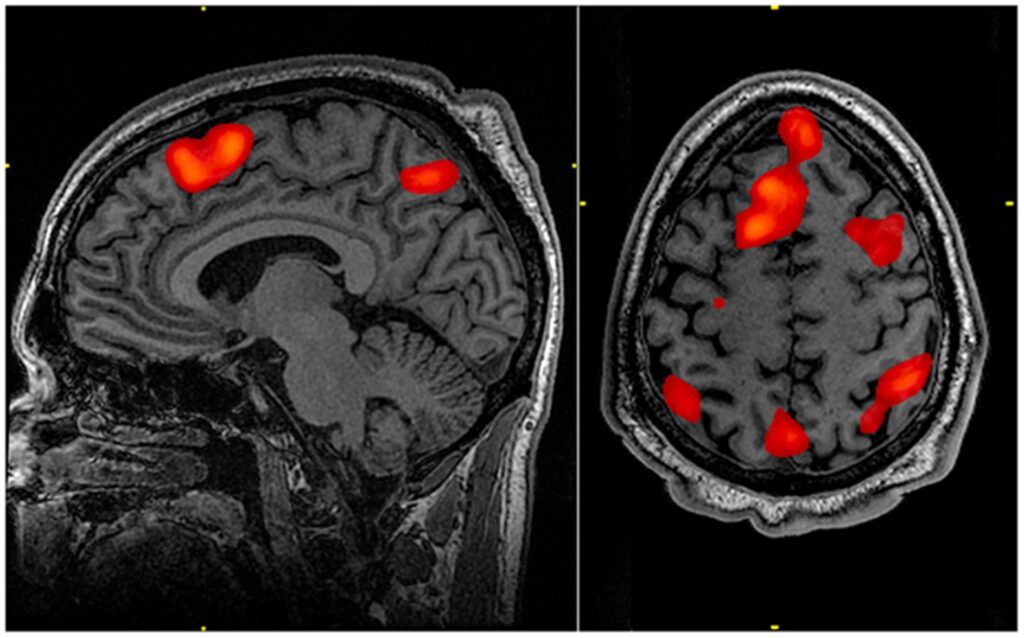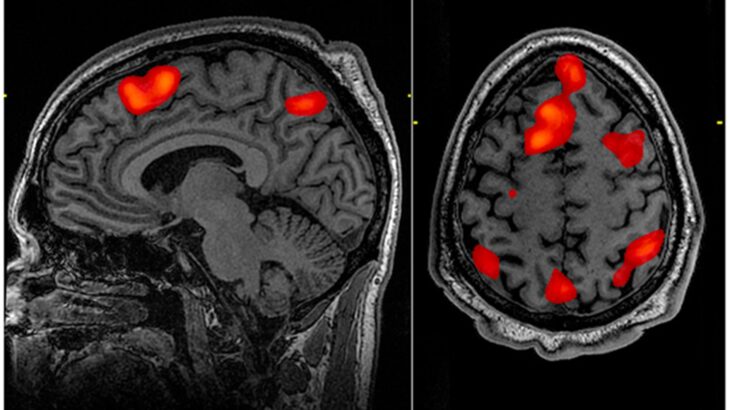by Jenna Finley, Biology & Life Sciences editor
You may have heard it said, “Elephants never forget,”—but maybe they should. New research suggests that forgetting is a form of learning! This apparently contradictory statement could very well prove true in unpredictable environments. To understand why, let’s first take a look at how memory works.
Memory encoding
Every time we learn something new, our brains change in ways that allow us to retain that information. The learning process activates specific neurons, called engram cells, all across the cortex to store the different parts of a memory. The engram cells then undergo many physical changes that allow them to encode that memory into our synapses and one day retrieve that information when it’s called for. It’s like all the different components of a birthday cake—it needs icing, candles, decorations, and sponge to come together if it is to be considered a birthday cake rather than just a bunch of ingredients. Memory needs a myriad of cells to come together to represent whatever we just learned.

fMRI scan of a brain using memory. Activation can be seen across different brain regions (Public Domain, Graner J, Oakes TR, French LM and Riedy G, 2013)
When you look at an fMRI of a brain recalling a specific event, you can see regions light up all across the brain, indicating that those regions participate in storing and retrieving that memory. The changes that happen in our brain to create a memory (i.e., the pattern of cells that are activated when we remember something) are referred to as a “memory engram.” Those engram cells are the pieces that, once activated together, allow us to consciously remember what kind of milk we normally buy or the licence plate number on our car.
When we use a skill often, we get better at it. If you’ve ever taken up a new hobby, you may have been told, “practice makes perfect,” and there’s a lot of truth to that. The connections between engram cells get a lot stronger due to frequent use or activation, making those memory engrams easier to access, a process called long-term potentiation (LTP). It’s why we’re less likely to forget the things that we do every single day.
This video by SciShow Psych gives a much deeper and more detailed look into the formation of memory engrams! Permission to embed by YouTube API
Forgetting as learning
It’s also important to recognize that, according to scientists, we never technically forget anything. Those memories still exist in our minds but the connections are harder to activate. Think of it like a safe—the memory is in the safe, but we’ve lost the code to open it.
So, if the memories are never truly gone, how do our brains decide which ones we don’t need access to anymore? Dr. Tomás Ryan and Dr. Paul Frankland, fellows of the global Canadian Institute for Advanced Research (CIFAR), are the authors of a new study that offers a fresh perspective on this question. They recognized from prior research that the environment affects the rate of forgetting. Dynamic environments increase the rate of forgetting while stable ones decrease it. Ryan and Frankland hypothesize that, in a less predictable environment, information is relevant for less time, so our brains decide to forget that information. This is our way of adapting to our environment, by learning what we need to remember and forgetting what we do not. Or, to quote the researchers, “Indeed, not all memories are forgotten equally.”
According to their theory, the feedback that we get from the environment signals to our brains what information is salient and what is outdated, and thus can and should be forgotten. When the information we have does not line up with the environment we’re in, there is no benefit in remembering it. Forgetting it allows us to take in new information, learn from our current environment, and come up with novel solutions to the instability before us.
Implications for future research
Understanding the function of forgetting has implications that may one day help people who are suffering from severe memory impairments like Alzheimer’s Disease. We still don’t fully understand memory, which is why theories like this one have the potential to make a difference. Dr. Ryan and Dr. Frankland note, “We believe that this ‘natural forgetting’ is reversible in certain circumstances, and that in disease states—such as in people living with Alzheimer’s disease, for example—these natural forgetting mechanisms are hijacked, which results in greatly reduced engram cell accessibility and pathological memory loss.” Although at this point, it’s only theoretical, this new perspective on the problem may lead to new theories and avenues of research.
For now, however, maybe their theory can help you feel a little bit better about forgetting the names of old classmates or the street address of your former workplace. After all, with all that’s going on, our modern environment is far from stable.
Feature image: Photo by Robina Weermeijer on Unsplash, free to use under the Unsplash License.




